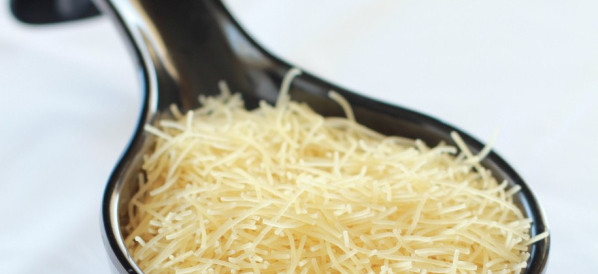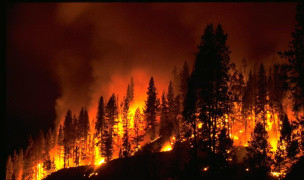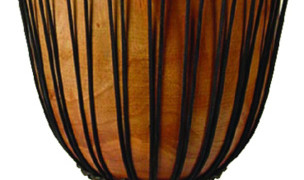 20 Termes
20 TermesAccueil > Termes > Kazakh (KK) > китч
китч
Kitsch is the German word for trash. Sometime in the 1920s it came into use in English to describe particularly cheap, vulgar and sentimental forms of popular and commercial culture. In 1939, the American art critic Clement Greenberg published a famous essay titled 'Avant-Garde and Kitsch'. In it he defined kitsch and examined its relationship to the high art tradition as continued in the twentieth century by the avant-garde: 'Where there is an avant-garde, generally we also find a rear-guard. True enough—simultaneously with the entrance of the avant-garde, a second new cultural phenomenon appeared in the industrial West: that thing to which the Germans give the wonderful name of Kitsch: popular, commercial art and literature with their chromeotypes, magazine covers, illustrations, ads, slick and pulp fiction, comics, Tin Pan Alley music, tap dancing, Hollywood movies, etc, etc. ' Some more up-to-date examples of kitsch might include plastic or porcelain models of the late Diana, Princess of Wales, Japanese manga comics and the Hello Kitty range of merchandise, many computer games, the whole of Las Vegas and Disneyland, and the high-gloss soft porn of Playboy magazine. Greenberg saw kitsch as the opposite of high art but from about 1950 artists started to take a serious interest in popular culture, resulting in the explosion of Pop art in the 1960s. This engagement with kitsch has continued to surface in movements such as Neo-Geo and in the work of artists such as John Currin or Paul McCarthy.
- Partie du discours : nom
- Synonyme(s) :
- Blossaire :
- Secteur d’activité/Domaine : Histoire de l'art
- Catégorie : Histoire de l'art générale
- Company: Tate
- Produit :
- Acronyme-Abréviation :
Autres langues :
Commentaires
Les termes dans Actualités
Termes en vedette
вермишель
Italian for little worms. Vermicelli is a very thin spaghetti-shaped pasta.
Contributeur
Blossaires en vedette
Browers Terms By Category
- Material physics(1710)
- Métallurgie(891)
- Ingénierie corrosive(646)
- Magnetics(82)
- Test d'impact(1)
Sciences des matériaux(3330) Terms
- Algorithms & data structures(1125)
- Cryptography(11)
Informatique(1136) Terms
- Histoire mondiale(1480)
- Israeli history(1427)
- Histoire des Etats-Unis(1149)
- Médiévale(467)
- Nazi Germany(442)
- Histoire de l'Egypte(242)
Histoire(6037) Terms
- Electricité(962)
- Essence(53)
- Des eaux usées(2)





